New physics searches at the precision frontier
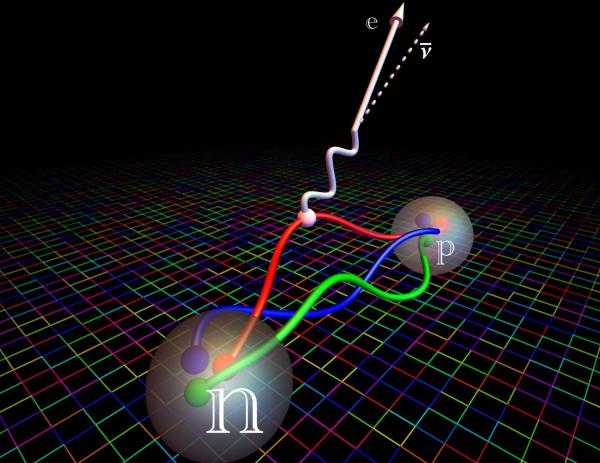
Note to applicants: This is a 4-week in-person program with an embedded one-week "hybrid" workshop (see disclaimer below).
Disclaimer: Please be aware that, due to ongoing concerns regarding the COVID-19 pandemic, this program may be changed from in-person to hybrid or online-only if necessary.
The Precision Frontier plays a unique role in the quest for physics beyond the Standard Model (SM), through (i) searches for rare or SM-forbidden processes that probe approximate or exact symmetries of the Standard Model; (ii) high precision measurements of SM-allowed processes. Experiments at the precision frontier often involve hadrons and nuclei and assessing the impact of positive or null searches requires a rigorous interface between nuclear and particle physics, linking the new physics to the hadronic and nuclear scale, where in turn one needs non-perturbative methods such as lattice gauge theory and nuclear many-body theory.
Given the vibrant experimental landscape, in this program we plan to bring together the various theoretical communities interfacing at the precision frontier, working on particle physics model-building, effective field theory methods, lattice QCD, and first-principles nuclear many-body methods. The objectives of this program are to discuss the state-of-the-art and identify current gaps in the theoretical treatment of key observables; identify strategies to attack open problems; ensure different theoretical communities adequately interface; provide a venue (primarily during the embedded workshop) for interaction and feedback between the theoretical and experimental communities, with the aim to identify future targets of opportunity and specific needs which the theory community must address.
The program will focus primarily on three thrust areas:
- single beta decay: mesons, neutron, nuclei
- neutrinoful and neutrinoless double beta decay
- permanent electric dipole moments: from neutron to molecules
These three thrust areas encompass a range of theoretical tools that are broadly applicable and whose discussion will benefit other aspects of the precision frontier (for example: muon g-2, muon-to-electron conversion in nuclei, neutrino scattering, dark matter detection).
PROGRAM FORMAT
We envision the program to have the following structure: weeks 1, 3, and 4 will be primarily dedicated to one thrust each. Week 2 will be dedicated to a workshop, in which all topics will be covered from both the theoretical and experimental perspectives. During the regular weeks, we plan to have one or two talks per day. The workshop week will be more intense, with pedagogical introductory talks beginning each day, to lay the foundations for interdisciplinary discussion, followed by more technical talks. Within each thrust, we will foster participation from all relevant communities (BSM phenomenology, EFT, Lattice QCD, nuclear structure). Within each thrust focus week, we will make sure that important themes such as (i) quantifying uncertainties and (ii) complementarity to other probes (e.g. collider processes) are properly represented.
Disclaimer: This is only a rough outline. The actual structure of the program will depend on the needs and availability of the speakers and participants.
- Week 1: Precision beta decays: mesons, neutron, nuclei.
- Week 2: Workshop, to cover all topics and include both theory and experiment.
- Week 3: Double beta decay.
- Week 4: Permanent electric dipole moments: from neutrons to molecules
Note: There will be a $70 registration fee to attend the embedded workshop (May 8-12). The registration fee includes participation in the workshop, lectures, and coffee breaks.
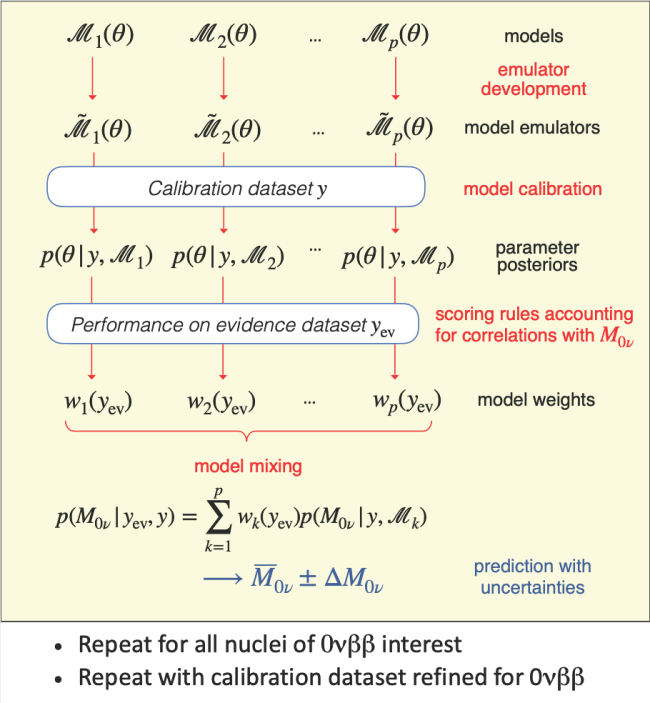
New physics searches at the precision frontier
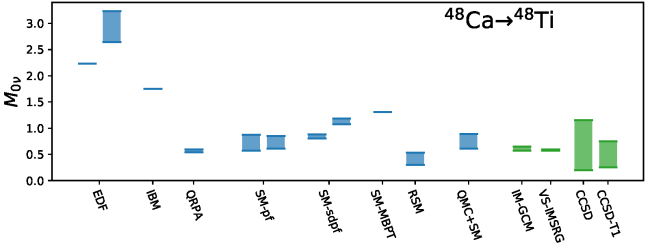
New physics searches at the precision frontier
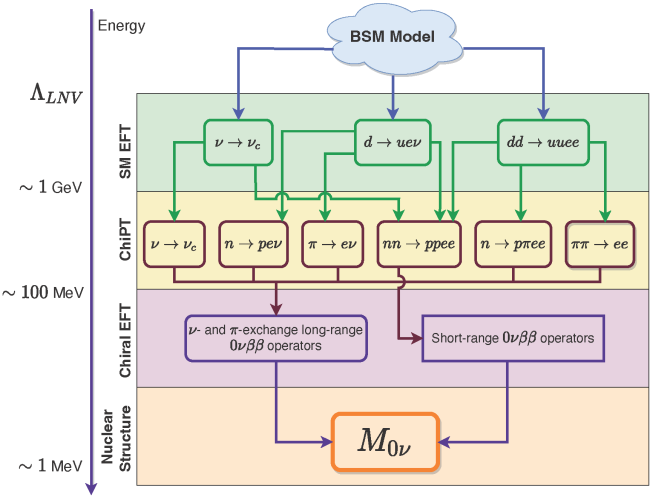
New physics searches at the precision frontier
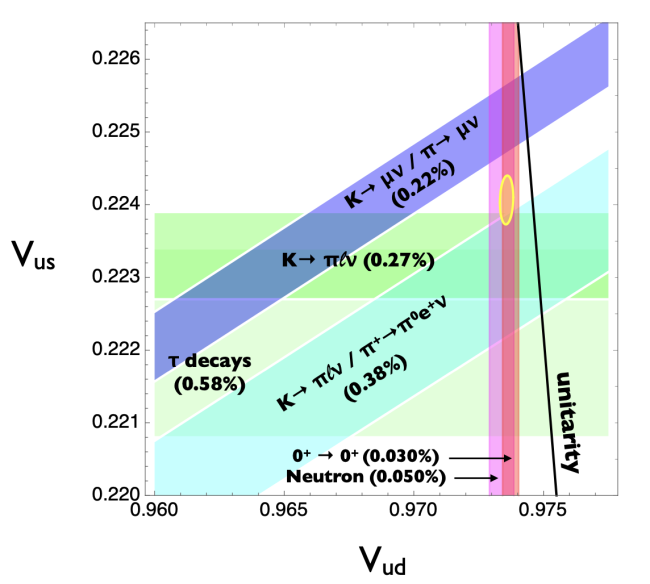
New physics searches at the precision frontier
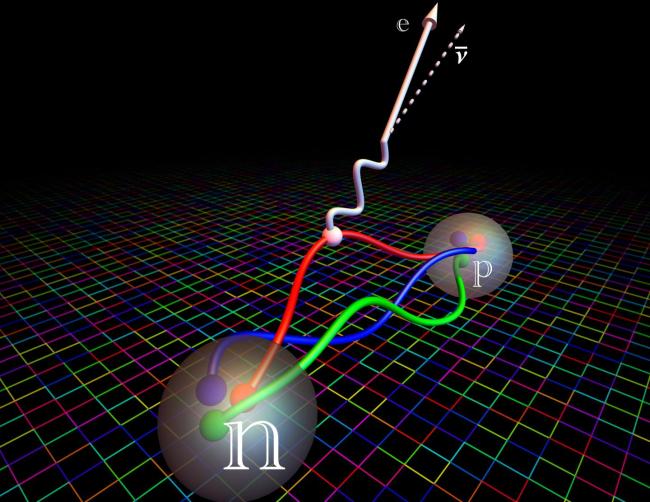
New physics searches at the precision frontier
credit: Evan Berkowitz
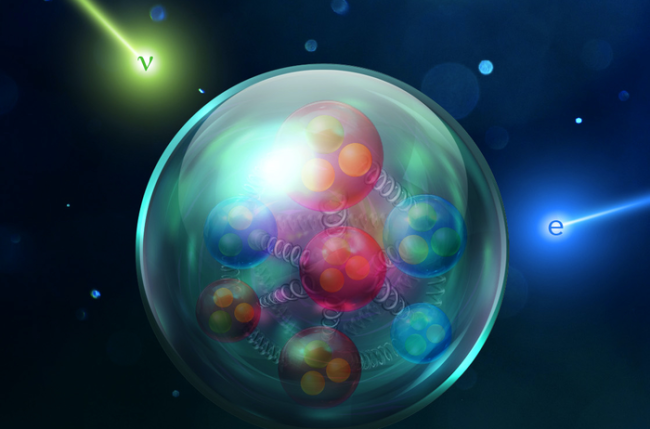
New physics searches at the precision frontier
credit: Jefferson Lab
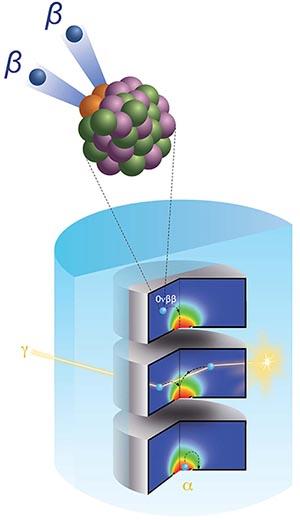
New physics searches at the precision frontier
credit: AIP
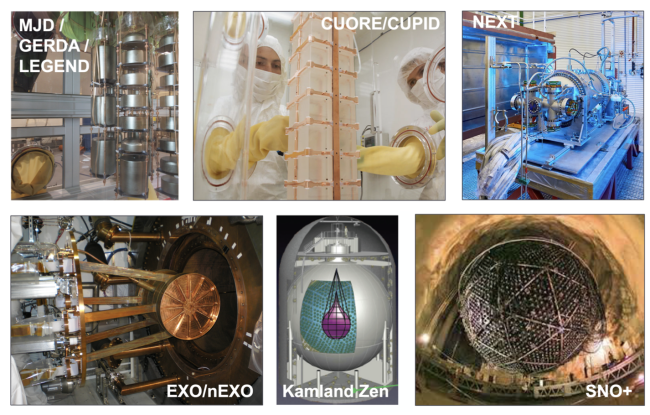
New physics searches at the precision frontier
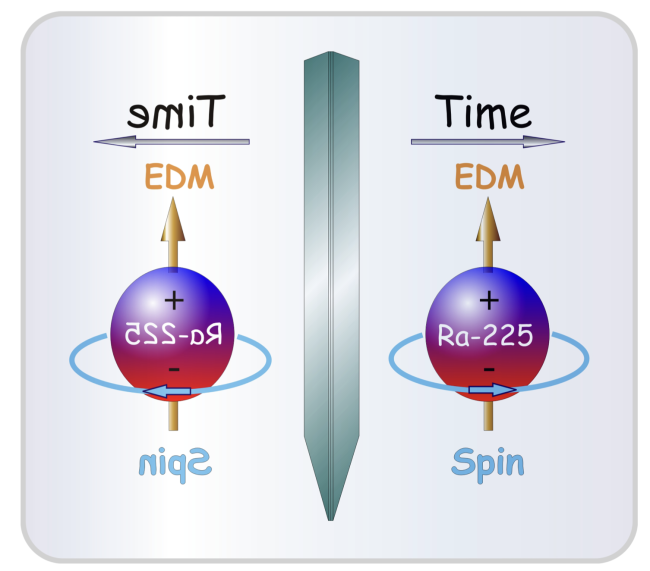
New physics searches at the precision frontier
credit: R. Holt, Z. T. Lu, W. Korsch, P. Muller, J. Singh
